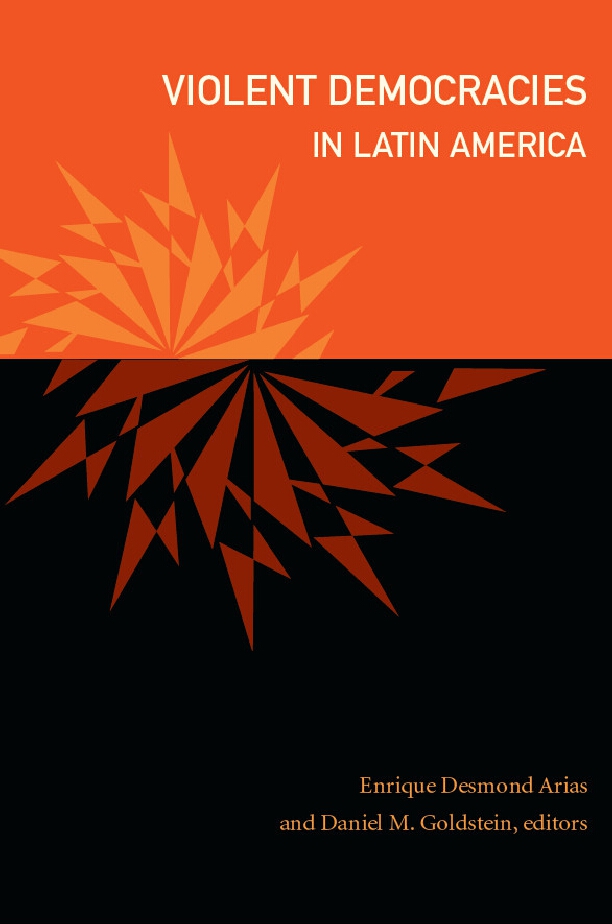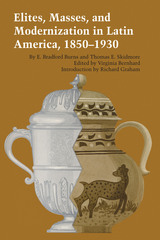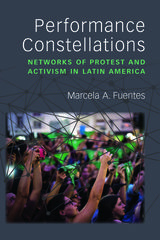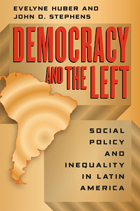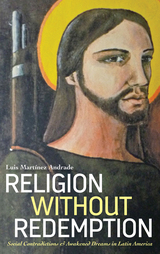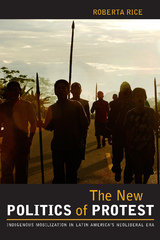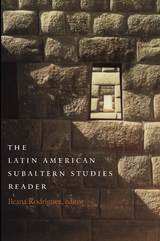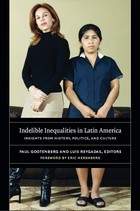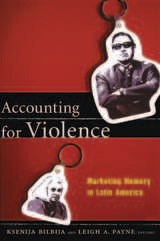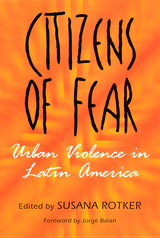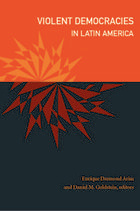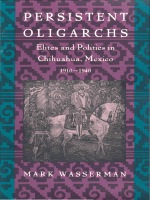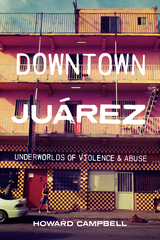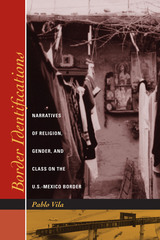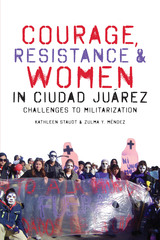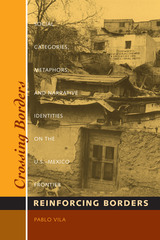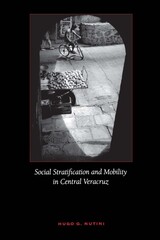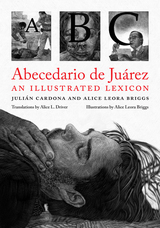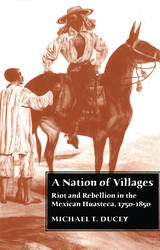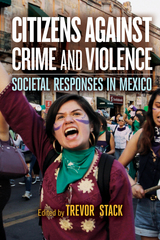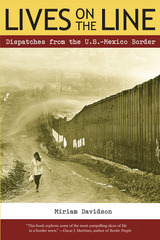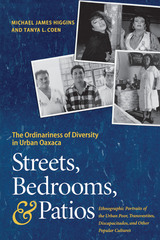“Contributors to the volume Violent Democracies in Latin America do an excellent job of opening new paths for exploring this abiding question. . . . This edited volume is remarkably coherent and the chapters fit together nicely. . . . [E]ach chapter makes a unique contribution to the interdisciplinary conceptualization of violent pluralism.” - Kedron Thomas, Anthropological Quarterly
“Violent Democracies in Latin America is a welcome addition to cross-disciplinary studies of Latin American politics. . . . Violent Democracies forces the readers to consider each case study in its specificity and the common problems of the region as a whole, which is, I would submit, the only way to address the problem of violence in today’s Latin American states.” - Isabel DiVanna, Canadian Journal of History
“Violent Democracies in Latin America presents a nuanced study of the interactions between trade liberalization, neoliberal economic systems,
and the political environment of post-authoritarian Latin America that subverts many of the previous ideas on the democratic transition and offers useful insights for scholars into the political economic context of the period. As contributors include an anthropologist, several historians, a political scientist, and a sociologist, the volume will reach a wide audience and contribute to the growing dialogue on contemporary Latin American politics.” - Irene Depetris Chauvin, Hispanic American Historical Review
“The case studies are uniformly good—well researched and written on important and interesting topics. . . . Violent Democracies makes an important contribution in focusing our attention on the perpetuation of violence as Latin American countries continue in their democratization process.” - Charles D. Brockett, A Contracorriente
“The studies presented here suggest that there is no simple route by which Latin American political democracies could become less violent, because violence has not only been institutionally integral to the way state power is exercised and class privileges are maintained within the region, but has also been exacerbated by its insertion into a neoliberal capitalist international
system.” - John Gledhill, Journal of the Royal Anthropological Association
“[T]his book presents a new research agenda on the problems of governance, democracy, and security in Latin America. The concept of violent pluralism that it advances requires a precise examination of the existing connections between different forms of violence, as well as a deep understanding of the autonomy that certain forms of violence might have with respect to others.”
- Hugo Frühling, Latin American Politics and Society
"Arias and Goldstein have compiled an excellent series of cases that collectively argue in support of their main thesis…. Arias and Goldstein offer an alternative, sophisticated understanding of the multiple and tactical uses of violence that keep a disenfranchised citizenry under control." - James H. McDonald, Ethnohistory
“Violent Democracies of Latin America superbly captures the on-going tensions between security and insecurity, on the one side, and pressures for social change and participatory democracy, on the other. Contributors provide multiple insights into how these tensions clash, interface, and then meld into a ‘violent pluralism’ of new Latin American democracies.”—Martha Huggins, Charles and Leo Favrot Professor of Human Relations, Tulane University
“Violent Democracies in Latin America is a welcome addition to cross-disciplinary studies of Latin American politics. . . . Violent Democracies forces the readers to consider each case study in its specificity and the common problems of the region as a whole, which is, I would submit, the only way to address the problem of violence in today’s Latin American states.”
-- Isabel DiVanna Canadian Journal of History
“Violent Democracies in Latin America presents a nuanced study of the interactions between trade liberalization, neoliberal economic systems,
and the political environment of post-authoritarian Latin America that subverts many of the previous ideas on the democratic transition and offers useful insights for scholars into the political economic context of the period. As contributors include an anthropologist, several historians, a political scientist, and a sociologist, the volume will reach a wide audience and contribute to the growing dialogue on contemporary Latin American politics.”
-- Irene Depetris Chauvin Hispanic American Historical Review
“[T]his book presents a new research agenda on the problems of governance, democracy, and security in Latin America. The concept of violent pluralism that it advances requires a precise examination of the existing connections between different forms of violence, as well as a deep understanding of the autonomy that certain forms of violence might have with respect to others.”
-- Hugo Frühling Latin American Politics and Society
“Contributors to the volume Violent Democracies in Latin America do an excellent job of opening new paths for exploring this abiding question. . . . This edited volume is remarkably coherent and the chapters fit together nicely. . . . [E]ach chapter makes a unique contribution to the interdisciplinary conceptualization of violent pluralism.”
-- Kedron Thomas Anthropological Quarterly
“The case studies are uniformly good—well researched and written on important and interesting topics. . . . Violent Democracies makes an important contribution in focusing our attention on the perpetuation of violence as Latin American countries continue in their democratization process.”
-- Charles D. Brockett A Contracorriente
“The studies presented here suggest that there is no simple route by which Latin American political democracies could become less violent, because violence has not only been institutionally integral to the way state power is exercised and class privileges are maintained within the region, but has also been exacerbated by its insertion into a neoliberal capitalist international
system.”
-- John Gledhill Journal of the Royal Anthropological Institute
